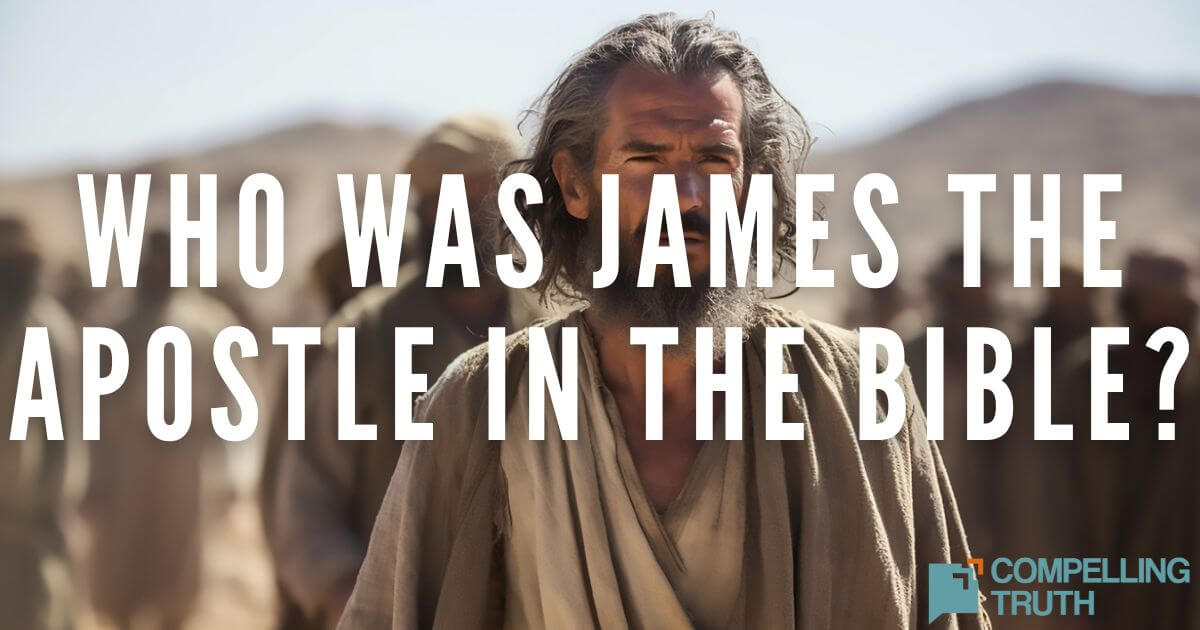John the apostle, along with his brother James, was a fisherman called by Jesus to become one of His first disciples. John had a close bond with Jesus, being a member of His inner circle. He witnessed key events, such as the resurrection of Jairus's daughter, the transfiguration, and Jesus's agony in Gethsemane. John wrote five New Testament books, emphasizing love and truth, and was the only disciple to die of old age rather than martyrdom. He received visions on Patmos, recorded in Revelation, describing the end times and Jesus's return. John's writings encourage believers to love others, hold to the truth, recognize false teachings, and find assurance in Jesus Christ.
John wanted his readers to know the truth Jesus taught and to be able to identify false prophets who were trying to deceive them. He also wanted them to understand the condition of their souls as sinners and Jesus's sacrifice that gave them access to eternal life. Above all, John emphasized the intimate, loving relationship that Jesus desires to have with each person. Through his personal experiences with Jesus, he knew that truth must be shared in love in order to be effective (cf. John 1:14; Ephesians 4:15). Truth by itself can come across as arrogant, but love on its own is only sentimental. Together, truth and love can transform the heart. John encouraged his readers to follow in Jesus's footsteps, "By this we know love, that he laid down his life for us, and we ought to lay down our lives for the brothers. But if anyone has the world's goods and sees his brother in need, yet closes his heart against him, how does God's love abide in him? Little children, let us not love in word or talk but in deed and in truth" (1 John 3:16–18). He wrote so his readers would have assurance of salvation in Jesus Christ (1 John 5:13). He warned his readers about false teachers (1 John 2:18–27; 4:1–6; 2 John 1:7–12). He assured them, "And we know that the Son of God has come and has given us understanding, so that we may know him who is true; and we are in him who is true, in his Son Jesus Christ. He is the true God and eternal life. Little children, keep yourselves from idols" (1 John 5:20–21). From John, we can learn zeal for the Lord, the importance of truth, security in Christ's love for us, how to love others well, and hope for Jesus's return.




